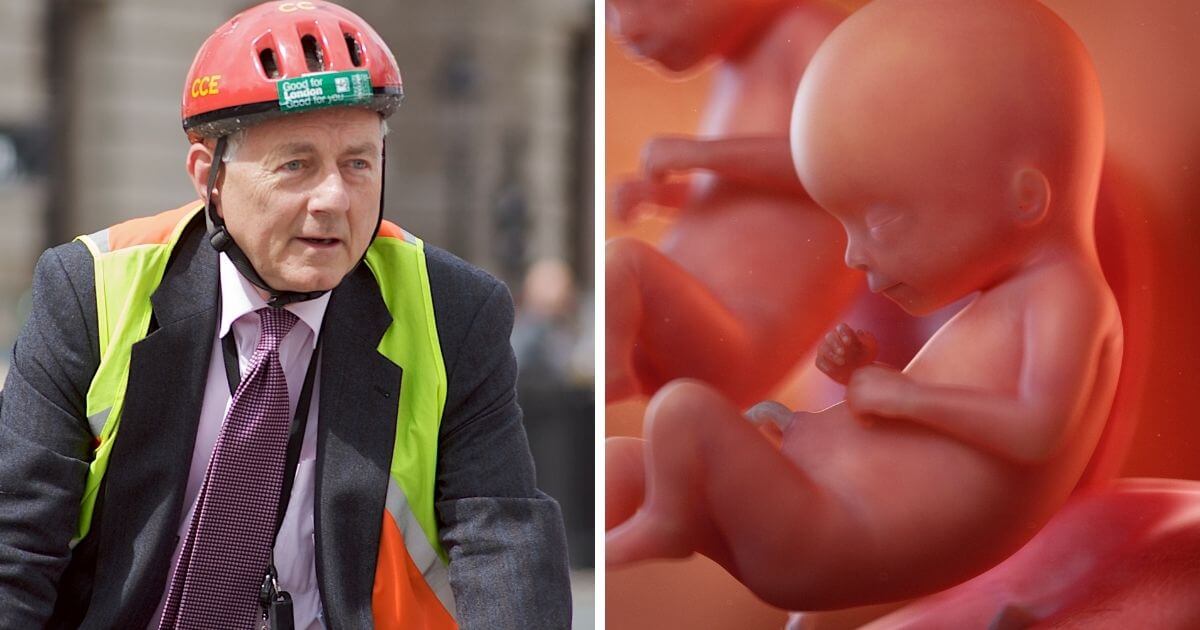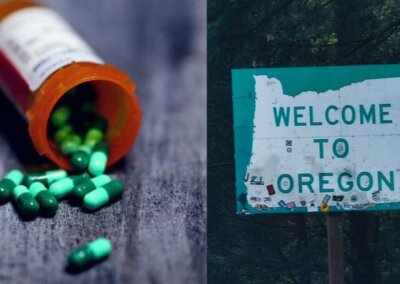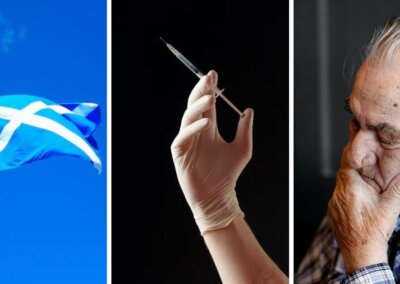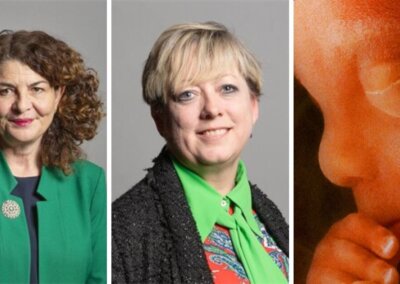An MP has suggested that the highest-ever abortion rate in England and Wales is justification to remove even more safeguards surrounding abortion saying “given that it is now so common and that there are over 200,000 abortions a year in this country… we ought to make it easier”.
In a debate held on International Women’s Day in the House of Commons, the Member of Parliament for Worthing West, Sir Peter Bottomley, used the event as an occasion to advocate for the removal of safeguards that exist around abortion.
One of the few remaining safeguards is the requirement that two doctors approve an abortion. This requirement is intended to help prevent coercion and reduce medical complications.
In the context of the debate, Jackie Doyle-Price MP argued that the two-doctor requirement should be removed and that other safeguards should also be removed. In an intervention, Sir Peter said
“Can I put it to my hon. Friend that, given that it is now so common and that there are over 200,000 abortions a year in this country—it takes two to tango, so that is 400,000 people contributing, some perhaps more than once, but not many—we ought to make it easier?”
Contrary to Sir Peter’s claim that there are “not many” repeat abortions, the 2021 abortion figures show that there were 91,313 repeat abortions in England and Wales accounting for 42.5% of all abortions, an increase of 3.85% on the previous year.
The statistics released by the Department for Health and Social Care show the highest number of abortions ever recorded in England and Wales, with 214,869 taking place in 2021, an increase of 4,009 from 2020.
More than 1 in 4 pregnancies ends in abortion in England and Wales
In the same year, there were 624,828 live births according to ONS figures. That means that over 1 in 4 pregnancies ended in abortion (excluding miscarriages and stillbirths).
The figures also show that 88 ‘selective termination’ procedures were performed, where a twin, triplet or more were aborted in the womb. This represents a 35.38% increase from 2020.
There was a 9.31% increase in the number of disability-selective abortions from 3,083 in 2020 to 3,370.
274 disability-selective abortions were performed at 24 weeks and over, a 19.65% increase compared to 2020 when 274 abortions were performed on babies with disabilities.
859 babies with Down’s syndrome were aborted in 2021, an increase of 23.95% from 693 in 2020. There was also a 71.43% increase in late-term abortions at 24 weeks and over where a baby had Down’s syndrome from 14 in 2020 to 24 in 2021.
The statistics also showed that there were 40 abortions where the baby had a cleft lip or cleft palate, an increase of 135.29% from 2019. There was also a 100% increase in late-term abortions at 24 weeks and over where a baby had a cleft lip or cleft palate from 3 in 2020 to 6 in 2021.
Right To Life UK spokesperson Catherine Robinson said “That is over 200,000 unique and irreplaceable lives lost to abortion and what is this Conservative MP’s answer? Not introducing measures to lower the number of abortions but instead telling Parliament it should be made easier to end lives through abortion. The shockingly high abortion rates in England and Wales should be a source of concern. The correct response should be alarm and a serious discussion about how these numbers can be brought down, not how it can be made even easier to have an abortion.”












